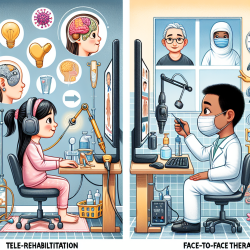Introduction
In the dynamic world of forensic science, continuous improvement and strategic decision-making are crucial to maintaining the integrity and efficiency of forensic laboratories. The recent Interpol review of forensic management, 2019–2022 provides a comprehensive analysis of the current state of forensic management and offers valuable insights for practitioners looking to enhance their skills and contribute to the field's advancement.
Key Themes in Forensic Management
The review highlights several key themes that are essential for forensic practitioners to consider:
- Strategic Planning: Emphasizes the importance of aligning laboratory missions with broader justice system goals. Practitioners should focus on strategic resource allocation and benchmarking to improve laboratory performance.
- Quality Assurance: Continuous improvement in quality assurance is vital. Implementing systems like Lean Six Sigma and adhering to international accreditation standards can enhance reliability and stakeholder confidence.
- Technological Advancements: The integration of new technologies, such as AI and machine learning, can streamline processes and improve forensic intelligence. Practitioners should stay informed about emerging technologies and their potential applications.
- Workforce Development: Investing in education and training is crucial for maintaining a skilled forensic workforce. Practitioners should advocate for standardized education and certification programs to ensure competency.
Implementing Research Insights
Practitioners can leverage the insights from the review to improve their skills and contribute to the field's advancement. Here are some actionable steps:
- Embrace Continuous Improvement: Adopt a mindset of continuous improvement by regularly evaluating laboratory processes and implementing quality assurance measures.
- Stay Informed: Keep abreast of the latest research and technological advancements in forensic science to enhance decision-making and operational efficiency.
- Foster Collaboration: Collaborate with other forensic professionals and stakeholders to share best practices and drive innovation in the field.
- Advocate for Education: Support initiatives that promote standardized education and training programs to ensure a competent and well-prepared forensic workforce.
Conclusion
The Interpol review of forensic management provides a wealth of information and insights that can help practitioners improve their skills and contribute to the advancement of forensic science. By embracing continuous improvement, staying informed, fostering collaboration, and advocating for education, practitioners can play a pivotal role in shaping the future of forensic laboratories.
To read the original research paper, please follow this link: Interpol review of forensic management, 2019–2022.










